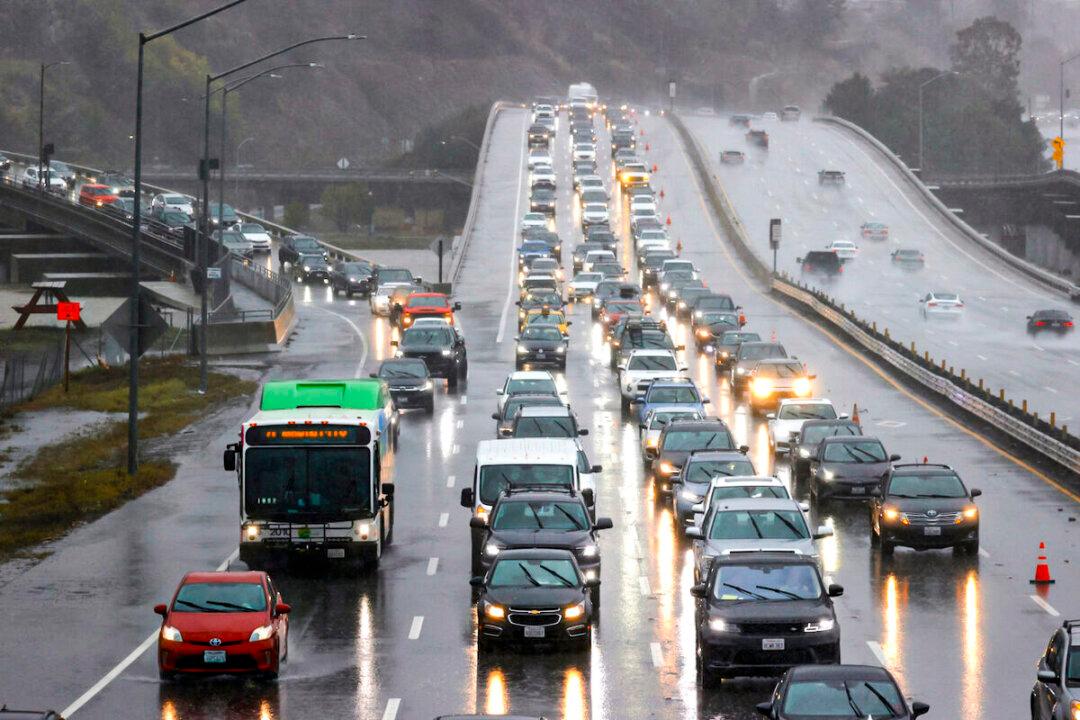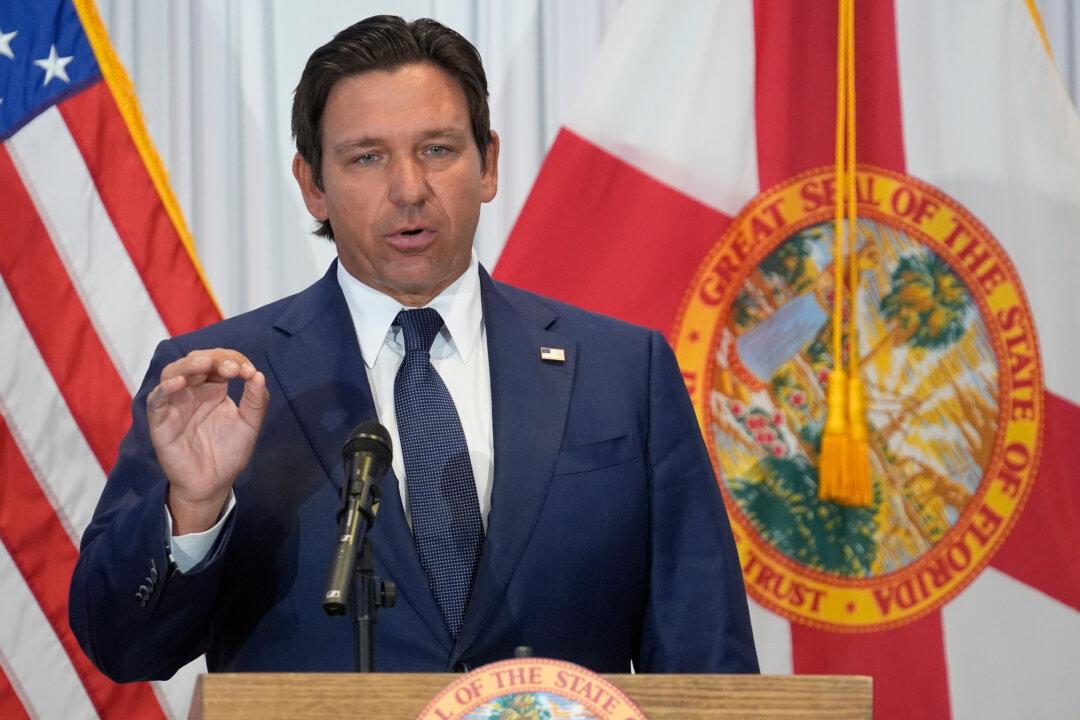The California Air Resources Board (CARB) is asking the Biden administration for permission to ban the sale of gas-powered vehicles by 2035.
But the American Fuel and Petrochemical Manufacturers, made up of 450 U.S. companies that manufacture fuel and petrochemicals, urged President Joe Biden to reject California’s request in a letter sent May 26.





